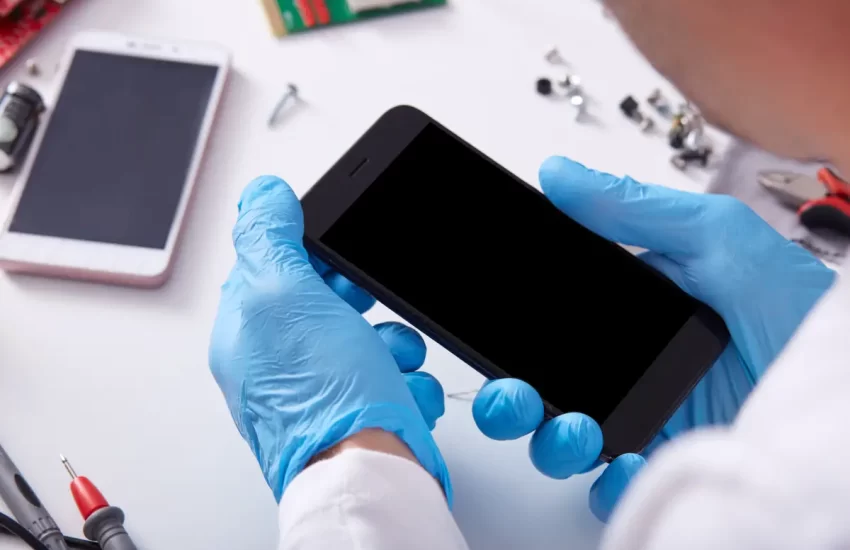In today’s fast-paced world, our cell phones are more than just communication tools; they’re lifelines to the digital world. However, like all technology, cell phones can encounter issues over time. This guide provides expert advice on determining whether to repair or replace your Cell phone repair, helping you make informed decisions to ensure optimal performance and value.
Signs Your Cell Phone Needs Attention
Common Problems
Cell phones can suffer from a variety of issues, including:
- Battery Life Degradation
- Cracked Screens
- Slow Performance
- Software Glitches
- Hardware Malfunctions
Assessing the Severity
Understanding the severity and frequency of these problems is crucial. Minor issues might just need a quick fix, while more significant problems could indicate that it’s time for a replacement.
When to Repair Your Cell Phone
Minor Issues and Fixes
1. Battery Replacement
If your phone’s battery life isn’t what it used to be, a battery replacement might be all you need. Most modern smartphones allow for battery replacements at a fraction of the cost of a new phone.
2. Screen Repairs
Cracked or broken screens are one of the most common cell phone issues. Screen repair services are widely available and can often restore your phone to near-new condition without breaking the bank.
3. Software Updates
Performance issues often stem from outdated software. Ensuring your phone’s operating system is up to date can resolve slowdowns and glitches.
Cost-Effectiveness of Repairs
Before deciding on repairs, consider the cost relative to the value of the phone. If repairs are less than half the cost of a new device and the phone is relatively new, repairs are typically the better option.
When to Replace Your Cell Phone
Major Issues and Considerations
1. Significant Hardware Failures
If your phone suffers from major hardware issues, such as motherboard damage or persistent, unresolvable software problems, Returned Home replacement might be the only viable option.
2. Obsolescence
Technology evolves rapidly. If your phone no longer supports the latest apps or security updates, it may be time to invest in a new device to ensure optimal performance and security.
3. Repeated Repairs
If you find yourself frequently repairing your phone, the cumulative cost might surpass the price of a new device. In such cases, replacing the phone is more cost-effective in the long run.
Benefits of Upgrading
Upgrading to a new phone not only resolves existing issues but also provides you with the latest features, improved performance, and enhanced security. New models often come with better cameras, faster processors, and more efficient battery life.
Evaluating Your Options
Comparing Costs
When deciding between repair and replacement, compare the costs. Take into account the phone’s age, repair costs, and the benefits of a new device.
Environmental Considerations
Repairing your phone can be more environmentally friendly than replacing it. However, newer models tend to be more energy-efficient and have longer lifespans, which can offset the environmental impact over time.
Personal Needs and Preferences
Consider your personal needs. If you use your phone extensively for work or creative projects, investing in a new, high-performance device might be more beneficial. Conversely, if your phone usage is minimal, repairing might suffice.



